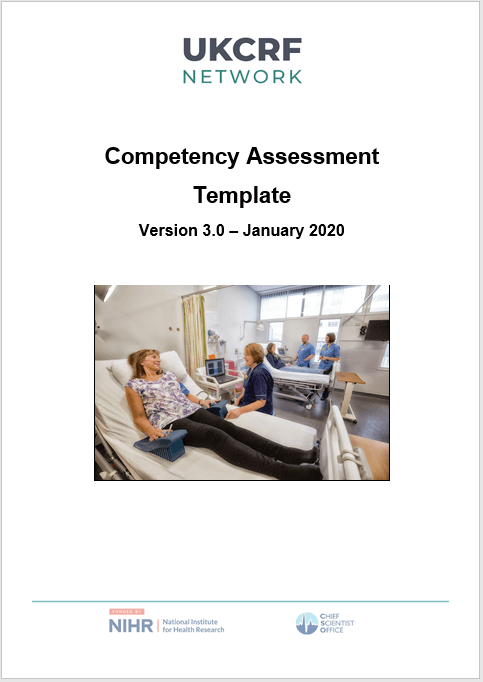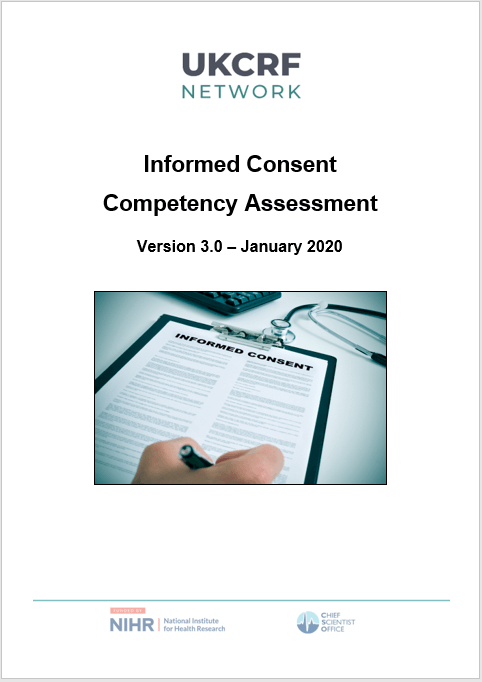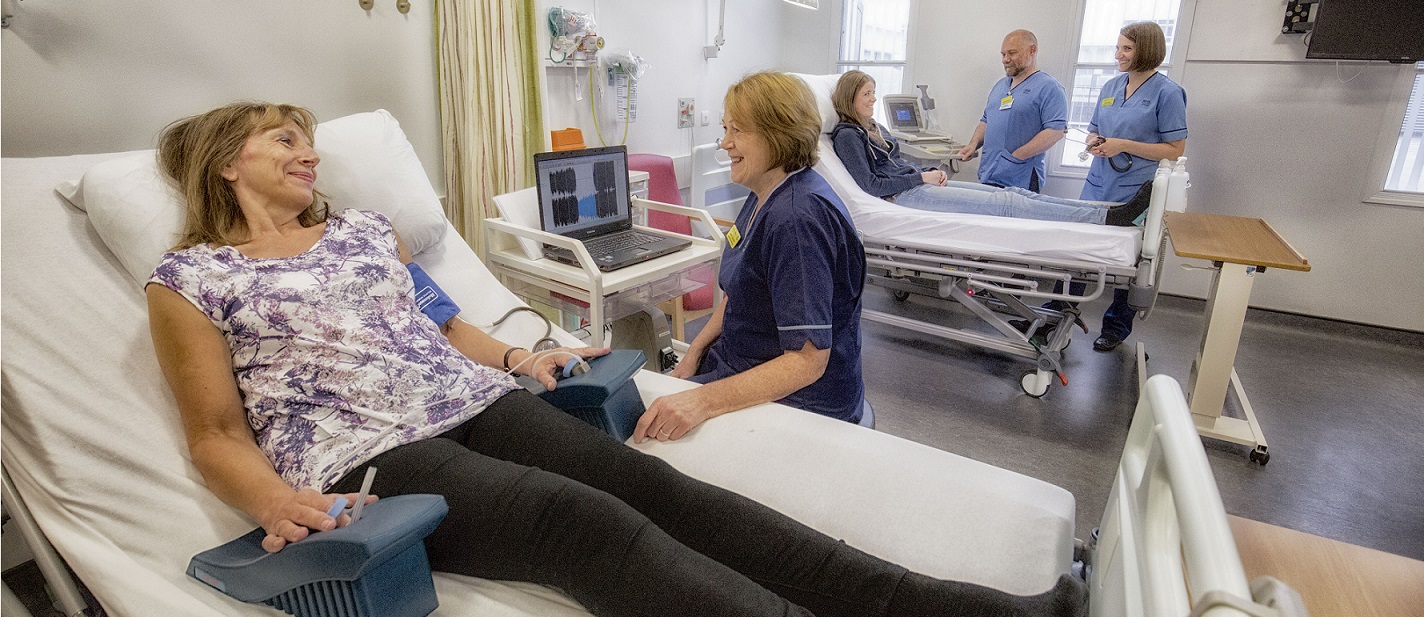The Education Theme Group has reviewed and updated the Network’s competencies documents
Competence is the process whereby an individual gains knowledge, understanding and skills in a particular area. Competence is achieved through observation, theory and practice under the supervision of an experienced and suitably qualified assessor, all underpinned by a process of reflection and constructive feedback (Miller 1990).


Informed Consent Competency
The Informed Consent Competency Assessment is a tool that can be utilised by all research staff conducting clinical research. The purpose is to provide a recommended structure to ensure that all staff obtaining valid informed consent from research participants are adequately trained and equipped with the necessary skills. The template structure may be adapted to meet local needs. On completion of this competency the assessee should demonstrate:
- Competence in the consent process
- The skills and knowledge required for receiving valid informed consent in a research setting
- Correct documentation required for informed consent
- Professional accountability in undertaking the informed consent process
The document can form part of a number of elements that contribute to the individual’s training including GCP, NIHR Valid Informed Consent Day and protocol specific training.
Changes made to version three of the document include formatting, minor revision to wording and the re-ordering of competency assessments.
Competency Assessment Template
The Competency Assessment Template (CAT) is a formal tool to guide and document assessment of competency to carry out a specific task, for example, safe use of a particular and high risk piece of equipment or a very complex study intervention where training and assessment is essential to ensure reliable study data is obtained.

The CAT has been designed for those instances where a competency assessment is required and where there is no existing documentation in place. Where there is already a Trust or Board policy that determines how competency is assessed it is recommended that these are used if they are available and appropriate for the task.
The Education Group have also written guidelines on how to use the tool as well as an example of a populated template.
Changes made to version three of the documents include minor changes to the layout and format, amendments to guidance documents and references to reflect updated versions.
HOW CAN THE DOCUMENTs BE ACCESSED
The Competency Assessment Template and Guidelines Version 3 can be downloaded from the UKCRF Network Hub.
GROUP MEMBERS
The following CRF staff were involved in creating and/or updating these documents
Stephanie Tingley, NIHR CRF Great Ormond Street Hospital
Lesley Briody, Edinburgh CRF
Jessie Powell, University Hospital of Wales, Cardiff
Deirdre Hyland, RCSI Clinical Research Centre, Dublin
Omabe Obasi, University Hospital of Wales, Cardiff
Kirstine Bowden, Manchester
Cassie Brady, Great Ormond Street Hospital
Andy Davison, Cardiff
Naomi Hickey, Glasgow CRF
Shona McDermott, Glasgow CRF
Carrie Ridley, Brighton
Kornelia Hathaway, NIHR Cambridge CRF
Susan Caddy, NIHR Southampton CRF
Wendy Harman, Brighton
Janet Johnstone – Glasgow CRF
Danielle Wilson Marlow – Edinburgh CRF
Helen Cox – NIHR Birmingham CRF




